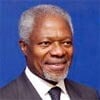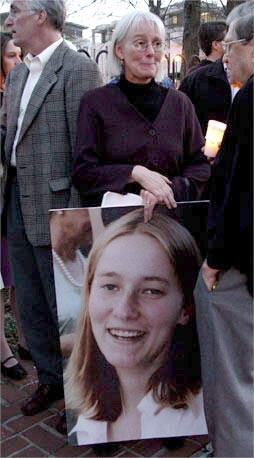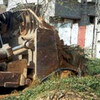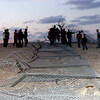
Open Letter to Kofi Annan
15 March 2005
“Your visit takes place at a particularly sensitive time, when every action has most serious long-term ramifications. Precisely because of the importance of your visit here, the choice to include certain sites on your itinerary and exclude others is crucial…In particular, we wish to stress continuing construction of the so-called “Separation Wall.” All across the West Bank, entire communities are being cordoned off, many losing their land. Palestinian towns, especially around Jerusalem are being cut down the middle or surrounded and made into isolated enclaves, with a massive dislocation of trade, education, health services, access to religious sites and every facet of normal daily life.” Read more about Open Letter to Kofi Annan








